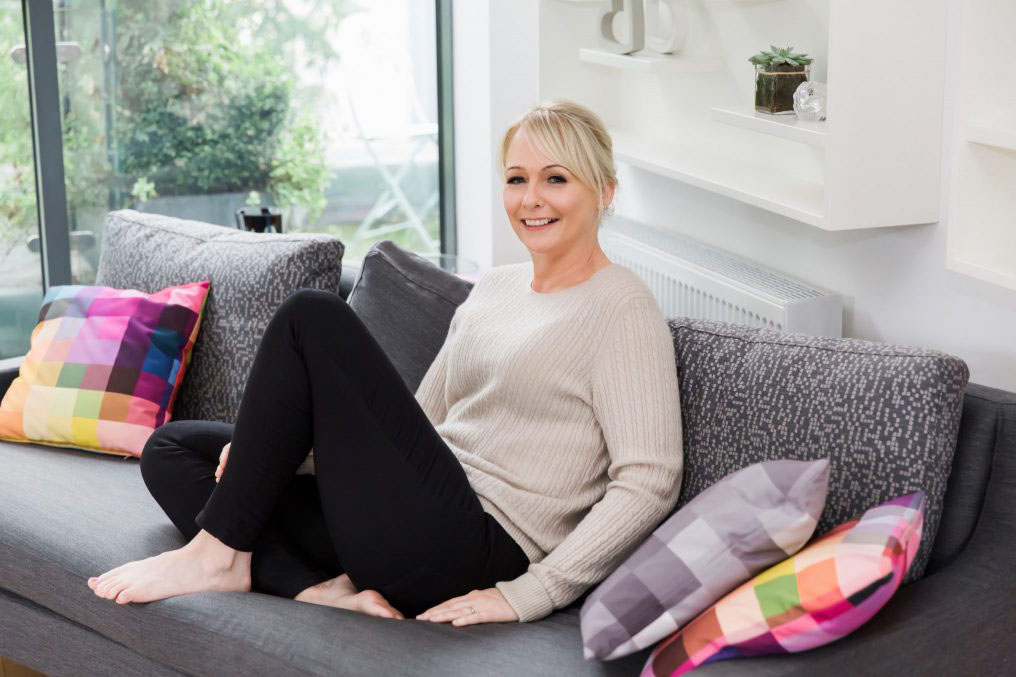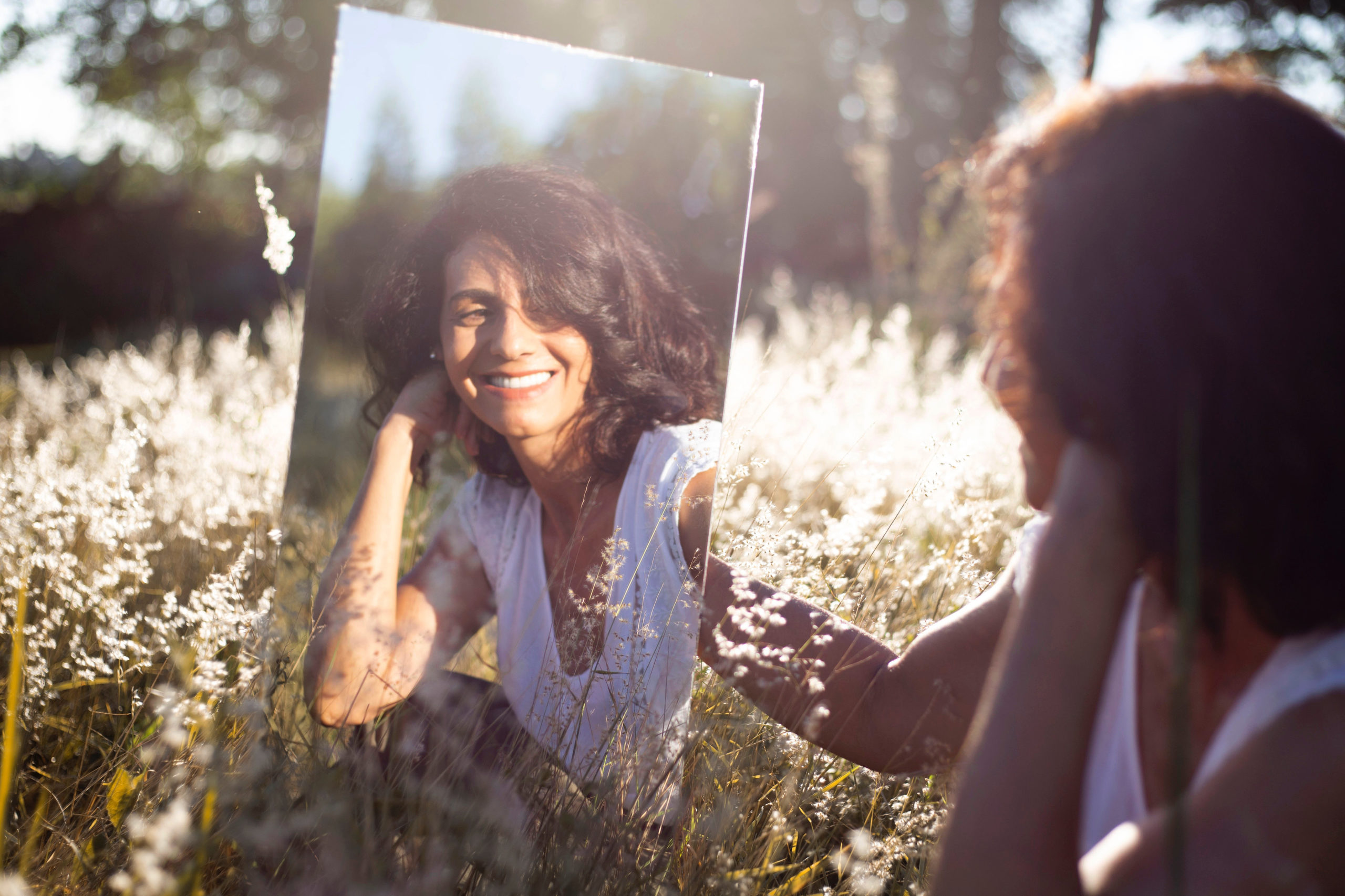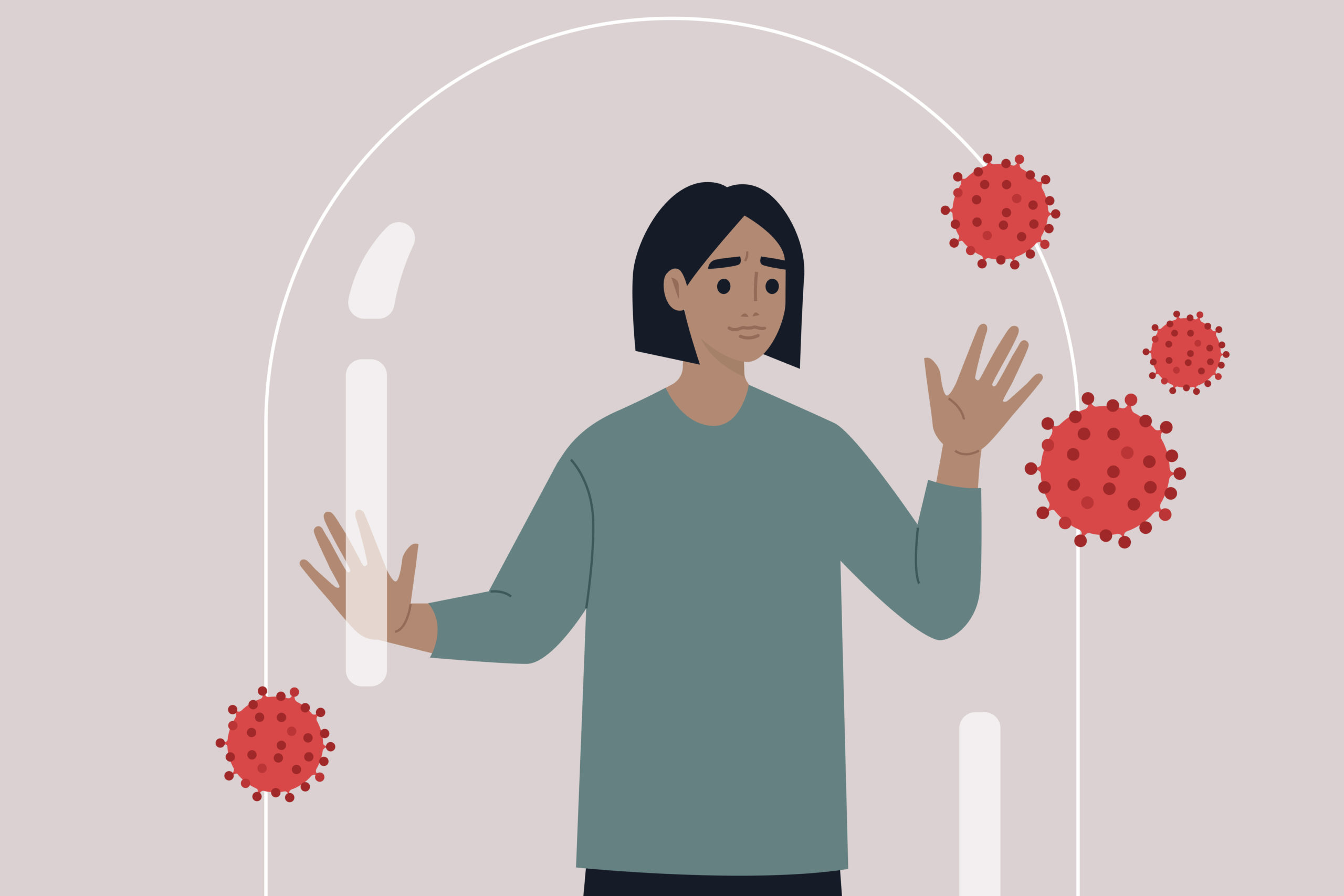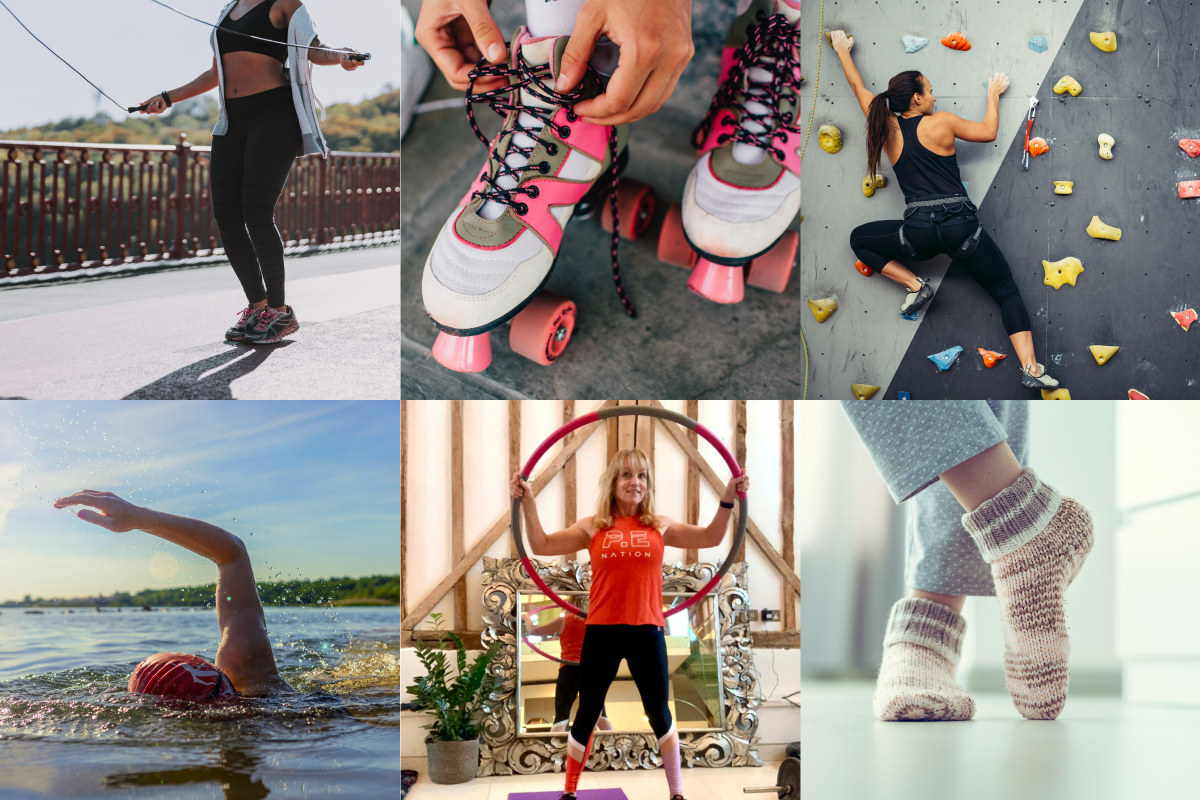Jane Dowling is a clinical exercise practitioner with her own fitness studio in London Bridge. Her twenty-five years in the industry means that she has worked with a variety of clients, and she has suffered many traumas herself, both physical and mental, throughout her lifetime.
Jane has been working tirelessly for four years to help other women who are going through menopause with her online support network and blog, Meno&Me. She has also been piloting a free health initiative with other women and is now ready to roll it out nationally, details on the event at the end of the article.
We asked:
What prompted you to start Meno&Me?
I started my blog around four years ago when I entered menopause as, at the time, there was not a lot of positivity around the topic. Anything I read made me feel as if my life was over! About the same time, because of my background, Women in Sport contacted me regarding their research into physical activity with menopausal women. Their research highlights that women feel “empowered and in control of their menopausal symptoms” if undertaking physical activity. They also found that there was a real thirst for women to know what best to do during menopause.
It was then that my blog became more evidence-based, offering tailored exercises to women rather than just blogging about my experience. Being an ex-gymnast and teaching up to thirty classes per week before my car accident, I really wanted to let women know that a healthy lifestyle and being active can help with symptoms.
How has the menopause affected you?
I feel that as a coach/trainer if you can empathise with your clients then a better journey and outcome is achieved, so I have to smile at this question. I have pretty much suffered from each of the thirty-two listed symptoms! It was horrible, and still can be if I don’t look after myself. I had my first panic attack at forty-six in my studio; I felt so low, wasn’t sleeping, had severe joint and muscle pains, my anxiety was through the roof and I hadn’t been treated for atrophic vaginitis (which is a common but not a talked about symptom—in fact, it took four GP’s for me to finally stop being treated for thrush instead of this condition.)
At the time I wasn’t physically active due to a car accident and life-changing surgery. I really did think about giving up the career I loved and the studio that I’ve had for thirteen years and work with my husband from home instead. When my GP told me that I was menopausal at forty-six, I knew I had to rehab my injuries and get moving again. So, I slowly and gradually took small steps back to a healthy, happier me. I treated myself as I would a client: I set a plan and kept with the plan, incorporating evidence-based exercise for heart, bone, and mental health. Self-care and exercise keep me sane and relatively pain-free. My car accident was life-changing, and some days are better than others.
What is your self-care approach?
Everyone is so different, and symptoms vary with each woman, but adopting a healthy lifestyle and being kind to yourself is really important. I call my programme my “menopause tool kit. Luckily, I am sleeping much better now, so I wake up a little earlier and practice ten minutes of meditation. I eat well—eating anti-inflammatory foods that help with joint pain and brain fog and keeping caffeine, sugar, and alcohol to a minimum.
Regular exercise is key for me —I have to keep my exercise low impact because of my injuries, like lots of walks and cycling, but make sure I incorporate weight-bearing exercise for bone health and heaps of stretching. I also make sure I have fun and have learned to say, No! When I teach workshops, my favourite saying is, “nobody is going to look after you better than you!” For so many years we put others first and drive forward at such a rapid rate that now it’s time to be really kind to ourselves—you cannot pour from an empty cup.
You’re very active, how important is exercise to menopausal women?
It’s as important as breathing, especially during menopause! As we enter menopause, we are at higher risk of heart disease and osteoporosis. These are silent—we cannot see the effects that a decrease of oestrogen can have on the body. I have worked with both cardiac patients and women suffering from osteoporosis who are in their sixties and seventies, and I know that if they’d had the knowledge of taking preventative measures, they would have.
Chronic diseases usually begin around the age of sixty, which makes the first ten years after menopause an ideal period for physical activity intervention and prevention to improve a woman’s long-term health. Osteoporosis is also called the “silent killer”—a woman will often not know she has it until she has a fall that could result in a fracture or break. I have worked on many programmes, including a “Falls Prevention” programme. It is shocking how the body can let us down, and falls can be so debilitating and life-changing. Now is the time to take preventative measures. We are living longer, and women now have to work longer than ever before, so prevention is key.
You have just started “Menopause Active”. What is this?
It is a programme run by volunteers: menopausal women who have taken control of their menopause through lifestyle changes and want to help others. I am training these volunteers to deliver sessions in parks, offering evidence-based exercise to target bone, heart, and mental health. The initiate is free. A lot of women, including myself, cannot run and so this programme offers low impact alternatives that help with heart health and evidence-based exercises performed with bands that support bone health. The whole programme, being physically active, accompanied with support of others, helps massively with mental health. Research also shows that exercising outside is more beneficial to mental health compared to being inside.
What’s next?
I have been piloting these sessions over the last year and am now ready to roll it out across the country—we even have one starting in Central Park in New York! So, to roll out Menopause Active worldwide, alongside carrying on campaigning to help menopausal women. The event that is on the 21st September in London will not only launch Menopause Active but with the help of Dr Renée, will also educate women on menopause and symptoms. The more people talk about menopause, the less stigma there will be surrounding it.
Menopause Event & Free Health Initiative
If you have not been to a menopause event before, then you’ll not be disappointed by this one—and if you have, then you can rest assured that this one will be like none ever before! Not only will it help raise money for the charity, Women in Sport, but it will also help raise awareness of menopause and how physical activity can help with both short, and long, term disease prevention.
Jane Dowling of Meno&Me has teamed up with Dr Renée Hoenderkamp, BBC Radio London’s resident GP, along with some other speakers to show women that there really is life after menopause.
For more information on this event and how to manage menopause; www.menoandme.com
Research from Women In Sport https://www.womeninsport.org/research-advice-service/menopause/





